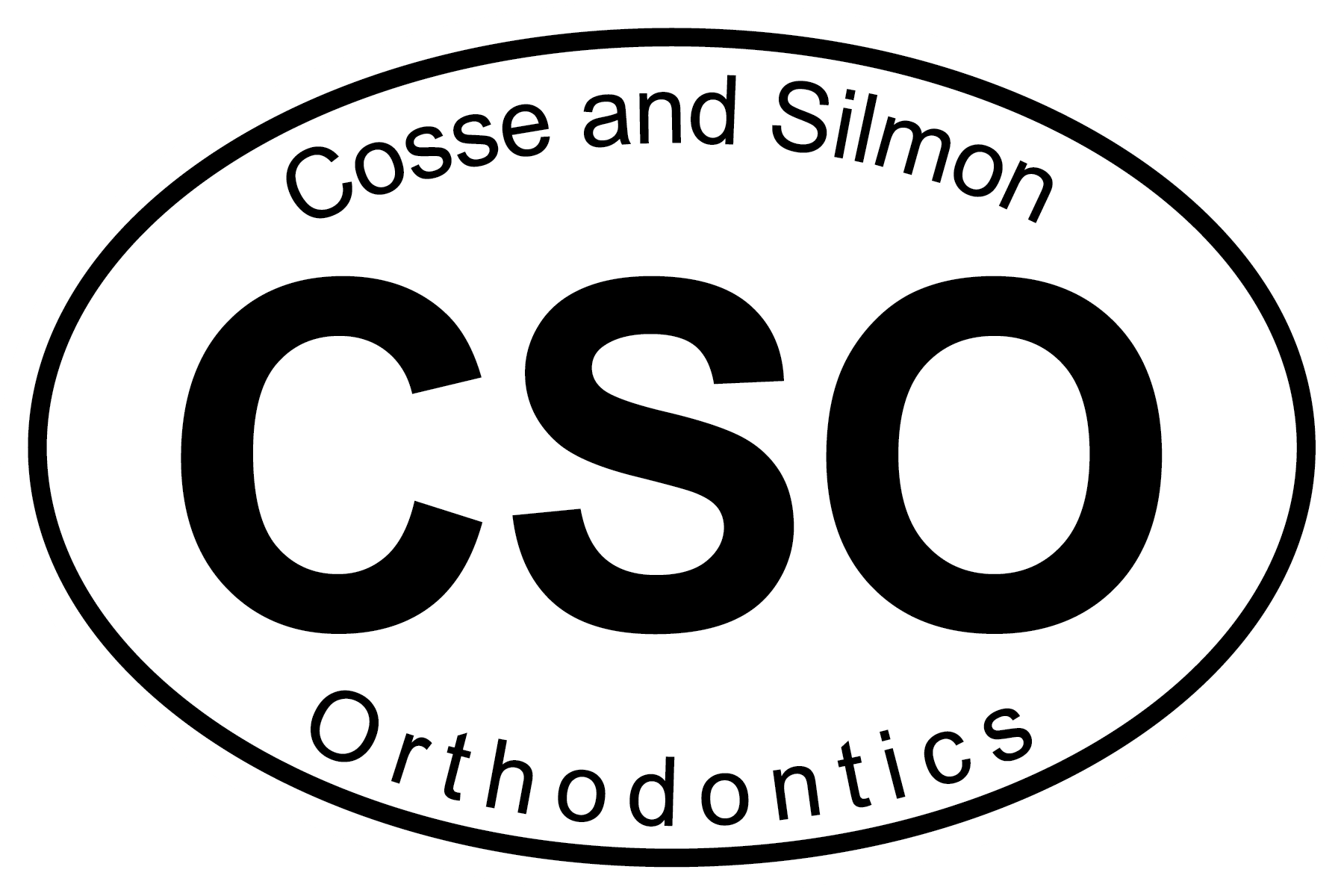Season of Savings
LIFE WITH BRACES
We’re here to help you navigate this new experience and provide you with the tools and tips you need to make the most of your orthodontic journey.
Eating with Braces
Eating with braces can be a challenge at first, but with a few adjustments to your diet, you’ll be able to enjoy a variety of delicious foods while keeping your braces in good condition.
Foods to avoid with braces
- Hard and crunchy foods, such as popcorn, nuts, and hard candy
- Sticky and chewy foods, such as taffy, caramel, and chewing gum
- Tough and hard-to-chew meats, such as steak and pork chops
- Corn on the cob and similar foods that must be bitten into directly
- Whole apples and other hard fruits and vegetables
Foods you CAN eat with braces
- Soft fruits like bananas, kiwis, and berries
- Cooked vegetables such as carrots, green beans, and squash
- Soft breads and grains like pancakes, muffins, and rice
- Dairy products such as milk, yogurt, and cheese
- Soft meats like meatballs, fish, and shredded chicken or pork
- Desserts like ice cream, pudding, and soft cake
Soreness Caused by Braces and Appliances
Soreness is caused by braces and appliances because they apply pressure to the teeth and jaw, shifting them into the desired position. This pressure can cause discomfort and soreness, especially in the first few days after getting or adjusting braces.
Over time, the teeth and jaw adjust to the pressure, and the soreness typically subsides. However, during the course of orthodontic treatment, soreness may occur periodically as the teeth and jaw continue to shift.
Soft foods, pain relievers, orthodontic wax, and saltwater rinses can help alleviate discomfort. It is important to follow any specific instructions from your orthodontist regarding pain management.
Loose Teeth
It is common for teeth to feel loose during orthodontic treatment with braces. This is because braces apply pressure to the teeth to shift them into the correct position, which can cause them to feel loose.
However, this is a normal part of the process and indicates that the braces are working to move the teeth. As the teeth continue to shift, they may feel less loose over time.
Loose Wires and Bands
Sometimes wires and bands in braces can become loose or break, which can cause discomfort and irritation in the mouth. This can happen for various reasons, such as eating hard or sticky foods or from normal wear and tear. If you notice that a wire or band has become loose, it is important to contact our office as soon as possible to schedule a repair appointment.
It is important to remember not to attempt any DIY fixes at home, such as cutting or adjusting wires on your own. This can cause further damage to your braces and potentially harm your teeth and gums.
Taking Care of Your Appliances
Taking care of your orthodontic appliances is crucial in achieving a healthy, beautiful smile. It is important to keep your teeth and braces clean to avoid any potential issues, such as decay or damage to your appliances.
Our team will provide specific instructions for cleaning your braces and may recommend additional products, such as interdental brushes or floss threaders, to help you effectively clean your braces.
Playing Sports with Braces
Playing sports with braces can be challenging, but it is still possible to participate in most sports while undergoing orthodontic treatment. However, taking extra precautions to protect your teeth and braces while playing sports is important. Wearing a mouthguard is essential for protecting your teeth and braces from any trauma during contact sports.


